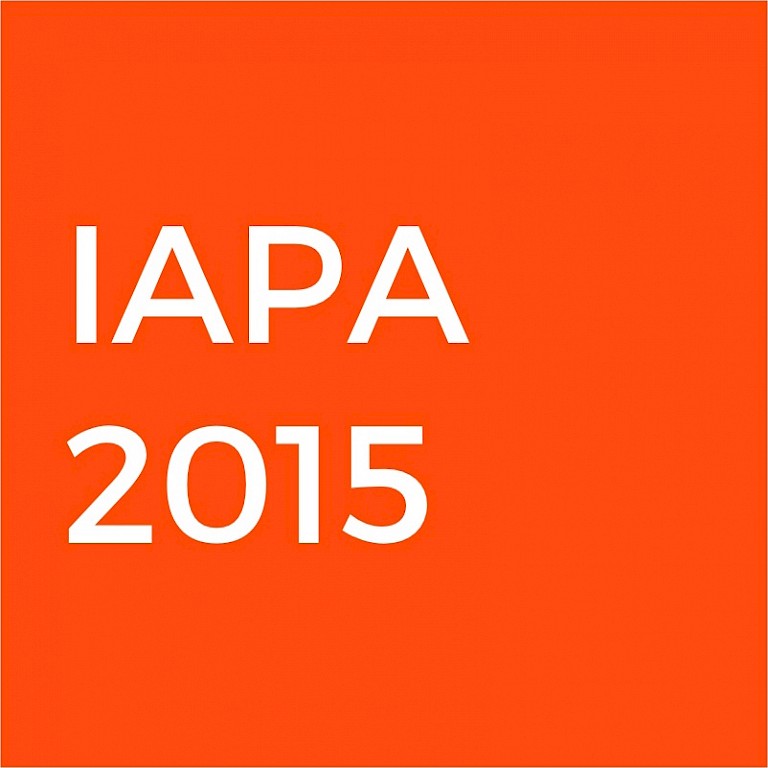



Rider Spoke was conceived by Brighton, UK–based artists Matt Adams, Ju Row Farr and Nick Tandavanitj, who make up the arts group Blast Theory. Their projects—which use interactive media to create groundbreaking new forms of performance and interactive art that mixes audiences across the internet, live performance, and digital broadcasting—offer inquiry into social and political issues and into performance in the age of personal communication.
In the case of Rider Spoke, the artists, who are all cyclists, wanted to explore the private/public divide. “We’re seeing a collapse of the boundary between private and public,” says Adams. So they designed the project to give participants the opportunity to explore those boundaries through having cyclists be on their own and engaged in a public activity. The experience is underlined by having participants on bicycles, where they are amongst others in the city yet separate from pedestrians and road traffic.
First presented in 2007 at London Barbican, Rider Spoke has toured the world for seven years and an archive of over 20,000 recordings has been collected. In 2009 it was presented in Sydney as part of the British Council's Creative Cities program in East Asia. There, participants and critics loved the unexpectedness of it.
“Rider Spoke is such a gloriously enlivening piece of theatre,” wrote Lucy Powell in Metro. “It manages to embrace the remorseless rush of the city while insisting on the individual’s ability to pierce it with quiet reflection.”
“As soon as it was over, I wanted more,” wrote William Wiles in ICON. “We are truly fortunate in this century, in the wired and anonymous city, to have rediscovered aboriginal notions of songlines and dreamtime, to explore with the aid of mobile technology a new form of strangely low-tech play. Rider Spoke was magical.”
All copyright belongs to Shanghai Academy of Fine Arts, Shanghai University.


